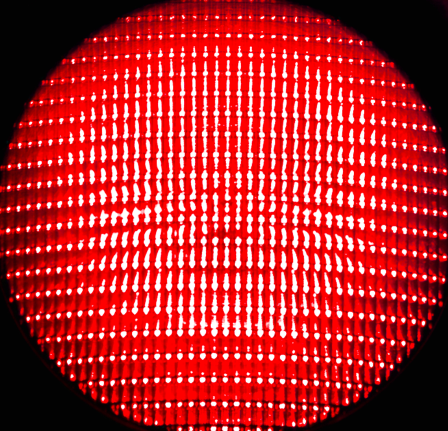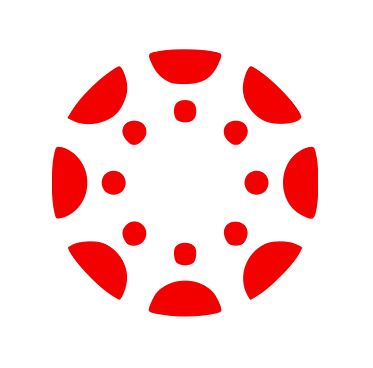
Perspectives Diverse Views of Processes & Products


Perspectives Objectives:
- Define what perspective is and provide examples of factors that impact perspective.
- Provide multiple reasons for why different perspectives are important in the scientific enterprise.
- Summarize the course goal of building personal perspectives and knowledge about the course topics through the process of science discovery.

Perspective is the way we experience the world, our point of view.
Often we get used to a particular perspective and it can be difficult to know that is occurring. For example, most people view the world from sitting or standing and rarely look above. Museum curators and people who arrange store displays know objects above eye level frequently get overlooked (or under-looked in this case).
Once limitations in our perspectives are revealed, we tend to expand them, and then limit them again over time. Psychologists weigh in with many interesting reasons. From a learning perspective, this limits the scope of information we can gather, which can be a detriment when addressing complex issues.
Take a deep breath and observe what is around you. Now try it with this video.

In art, perspective refers to drawing three-dimensional objects or scenes on a two-dimensional surface, with the intension of being accurate when viewed from a particular point. Some of the best-known artists have altered perspective, changing the way the rest of us view the world.
Similarly in science, there is a goal of understanding natural phenomena and accurately predicting what can occur. There are attempts to control bias and to repeat the experiments of others. But there is also awareness that some of the most fundamental advancements have come from people who saw the world a bit differently.
The scientific enterprise is a large number of people and institutions supporting science discovery and management of science knowledge. Often when we think of science we think of scientists. Scientists generate new knowledge through the discovery process, and they are supported by student workers, research technicians, office staff, funding agencies, facilities workers, and more.
And science is more than generating knowledge. Some fields of study apply science to solve problems, teach science knowledge, and connect science to other disciplines.
Also, people who may not directly associate themselves with the scientific enterprise may consume products, vote on issues, and make health decisions with science in mind.

The number of people in science means that there are many opportunities to enrich the field with diverse minds and voices that generate new ideas and directions. There are more subtle advantages like representing a path for the next generation of science professionals.
Perspectives are built in part on perception of the world around us. Some is also pure mental activity.
Perception is sensory information (vision, taste, etc.) interpreted by neuron cells in the brain. No two humans have exactly the same sensory organs or the same arrangement of neurons in the brain, and our perceptions that make up our overall perspectives inevitably vary. Experiences shape how our brain neurons are connected, so we bring our backgrounds to a new situation.

Another consideration of perspective while studying organisms and their environments is how differently other animals experience the world in comparison to humans. This may in part explain why we have not fully translated any other animal’s language.
Not only do bees have different perception than human (senses and brain), they also have different memory capacity and go into different places within the environment at different relative speeds. What is a bee’s perspective of the world? The more we learn, the more effectively we can impact worker bee movement and crop pollination.
Bees can learn flower types by shape and color.
This is the golden age of natural history books, a combination of high quality printing, access to records, excellent writers, and a public that makes these books bestsellers. At the end of each Guide we have a resource page in case you want to learn more beyond the course, including a few book recommendations.
Now that you have completed all four sections of this Guide, it is time to put together all of the pieces of what you will be learning in this course.

Finish your notes here
This is the end of the Discovery Guide. Bring your notes to lecture and you can add to or modify these notes. You will be able to use your personal notes on the quiz and also upload them to Canvas (this week only) for media piece points on Canvas.

Check your knowledge. Can you:
- Define what perspective is and provide examples of factors that impact perspective?
- Provide multiple reasons for why different perspectives are important in the scientific enterprise?
- Summarize the course goal of building personal perspectives and knowledge about the course topics through the process of science discovery?



